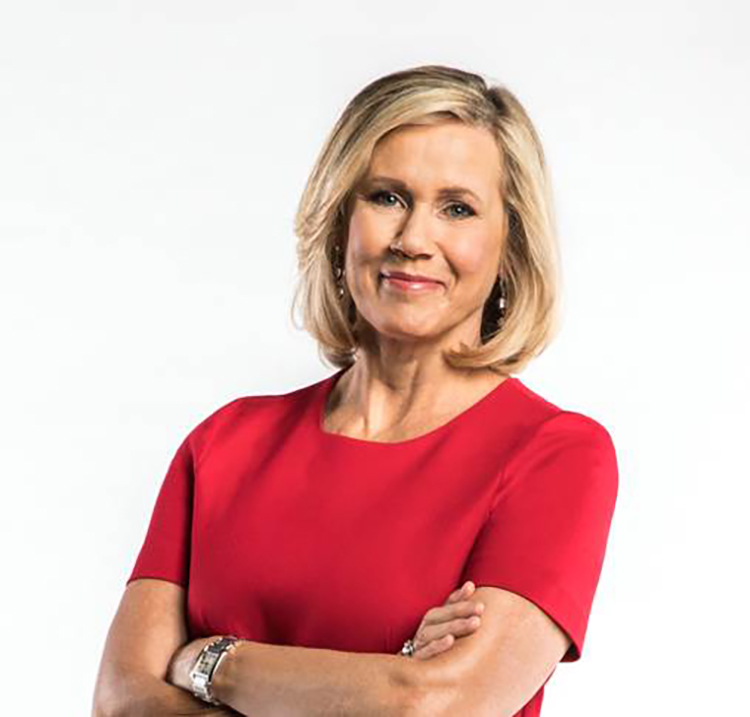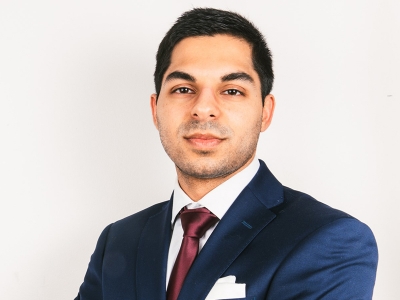This profile was part of the Faculty of Public Affairs’ 75 for the 75th series, which highlighted 75 notable alumni in FPA in honour of Carleton University’s 75th anniversary. These stories were published in 2016 and 2017.
Senior Correspondent, CBC News
Bachelor of Journalism (’81)

In November 2015, Susan Ormiston flew to Beirut to meet Syrian refugees who had been offered asylum in Canada following the election of Justin Trudeau.
She and her crew travelled between Jordan and Lebanon over the course of three weeks, trying to figure out who would be going to Canada—and when.
“It was extraordinary because you think you know what’s happening and then the reality is completely different,” recalls Ms. Ormiston. “We thought the government had assembled a large pool of willing Syrians who were desperate and ready to immigrate, but they had barely begun. Many refugees said they received a call the week before.”
Ms. Ormiston—and in turn, CBC news readers and viewers—were surprised to discover that a few were hesitant about coming.
“They were googling Canada” she says. “They had lots of questions. It’s not at all easy to leave your nation of birth and your family, no matter the circumstances, and contemplate never going back.”
Even after 30 years in journalism, Ms. Ormiston says it’s the kind of story that still excites her.
“This is the essence of reporting: drawing the curtain aside on a big government priority and asking what’s really happening,” she says. “Plus, so much of what we report on is hopeless. Here, there was the prospect of something better happening.”
Ms. Ormiston first started reporting for CBC Toronto after earning her Bachelor of Journalism at Carleton. From there, she went to Halifax to serve as a co-anchor as well as CBC’s national television reporter in the Maritimes.
In the 1990s, she moved to CTV to host the W5 current affairs program, as well as NewsNet, before returning to CBC in 2001 to work on Marketplace, and later, The Fifth Estate.
She returned to CBC’s The National as a correspondent which sent her on assignments throughout Canada, Europe, Africa, South America and the Middle East.
Most recently, she travelled to Russia to report on the Russian reaction to the inauguration of President Donald Trump. Two years earlier, she had witnessed a “nationalistic fervor in opposition to the U.S.” But she found the mood had shifted.
“Many Russians in January 2017, couldn’t be more pleased that Trump was not only elected, but that he was saying flattering things about Putin,” explains Ms. Ormiston. “Still, there was keen skepticism among the old political hands who saw that Trump might not turn out to be a reliable ally—and now the Trump story is mired in controversy.”
She says the news business has changed dramatically, especially over the past five years. Ms. Ormiston used to create primarily a television story; now she files different versions for television, radio, the web and social media.
At the same time, traditional mainstream outlets are scrambling to respond to the purveyors of “fake news.” But Ms. Ormiston says journalists can and must rise above the clamour.
“All we have is our integrity. I think that’s been beaten about a lot lately, but we need to protect that,” she says. “It’s a privilege to have people tell us their story and we need to tell those stories in the truest way possible.”
Thursday, June 15, 2017 in #FPA75, Career Paths, Journalism
Share: Twitter, Facebook


